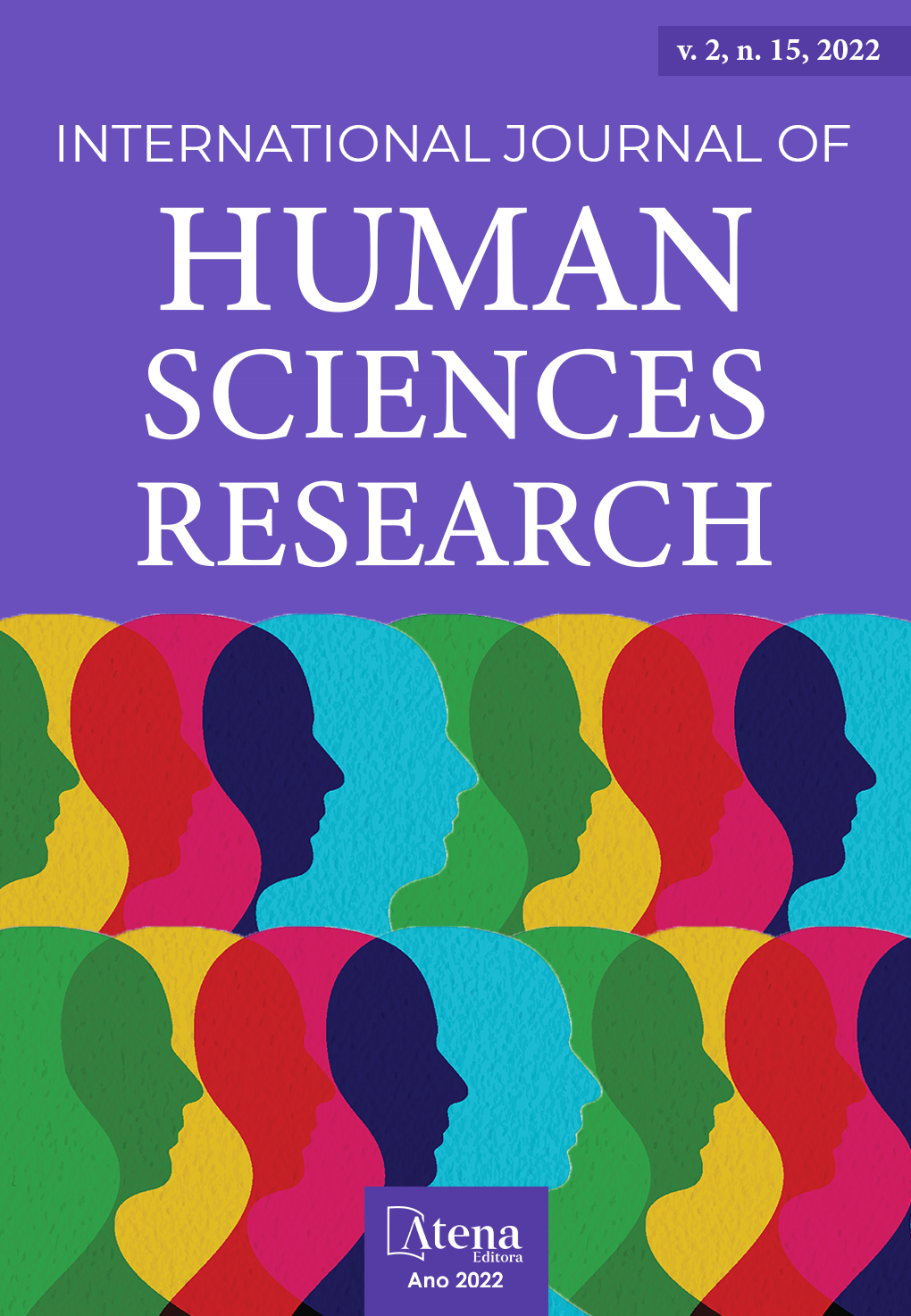
Experiencia de Aprendizaje Cooperativo en el aula de los docentes de básica primaria del COAM
En todas las instituciones educativas sin excepción, crece cada día la necesidad de implementar metodologías de aprendizaje que puedan ayudar a los maestros en su tarea como formadores, y a los estudiantes a construir sus conocimientos y desarrollar sus diversas competencias de modo eficaz. Es pues, el Aprendizaje Cooperativo (AC) una metodología que demostró tener innumerables ventajas que superan las de carácter individualista y competitivo. Esta investigación buscó implementar el AC como estrategia de mejoramiento en la praxis de los docentes de educación básica primaria del Colegio Adventista Maranatha (COAM). Esta investigación tuvo un enfoque cualitativo de tipo investigación acción participativa. La ruta metodológica tuvo tres etapas, divididas así: diligenciamiento de una encuesta de conocimientos previos, realización de grupos focales, cuestionario de AC y entrevista estructurada. La triangulación de métodos reveló que más del 60% de los docentes conocen de manera aceptable el concepto y sus ventajas; en cambio, el 100% desconocen la forma en que opera, se confirmó que solo hay aprendizaje cooperativo con la presencia de sus elementos: interdependencia positiva, habilidades sociales, responsabilidad individual, procesamiento grupal e interacción promotora; además, al aplicar esta metodología dentro del aula, se obtuvieron beneficios de un mayor rendimiento y mejor productividad, más compromiso con el éxito, bienestar mutuo, mayor salud psicológica y una autoestima más alta que la competición o de carácter individualista, para lo cual dicha preparación de los docentes en este tema debe ser constante.
Experiencia de Aprendizaje Cooperativo en el aula de los docentes de básica primaria del COAM
-
DOI: 10.22533/at.ed.5582152206061
-
Palavras-chave: Aprendizaje cooperativo, interdependencia positiva, habilidades sociales, responsabilidad individual, interacción promotora, procesamiento grupal.
-
Keywords: Cooperative Learning, Positive Interdependence, Social Skills, Individual Responsibility, Promoter Interaction, Group Processing.
-
Abstract:
In most educational institutions, the need to implement learning methodologies grows every day. Those methodologies help teachers in their task as trainers, and at the same time, they help the students in building their knowledge and in developing their various skills effectively. That is cooperative learning. Cooperative learning is a methodology that has shown to have innumerable advantages that go beyond the individualistic and competitive nature. This research sought to implement cooperative learning as a strategy to improve the practice of elementary school teachers at the Maranatha Adventist School. This research had a qualitative approach of participatory action research type. The methodological route had three stages, the completion of a prior knowledge survey and conducting focus groups, the cooperative learning questionnaire, and the structured interview. The triangulation of methods revealed that more than 60% of teachers know the concept and its advantages in an acceptable way, however, 100% do not know how it operates. It was confirmed that there is only cooperative learning with the presence of its elements, namely, positive interdependence, social skills, individual responsibility, group processing, and promoting interaction. In addition, benefits were obtained from higher performance and better productivity within the classroom; more commitment to success; mutual well-being; greater psychological health; and higher self-esteem than the competition or individualistic character; thus, said preparation of teachers in this subject, must be constant.
-
Número de páginas: 24
- Franklin Rafael Abano Rivero
- Dayana Andrea Bastidas García
- Gustavo Adolfo Phérez Gómez
- Enoc Iglesias Ortega
- Olga Judith Sánchez Aguilar


